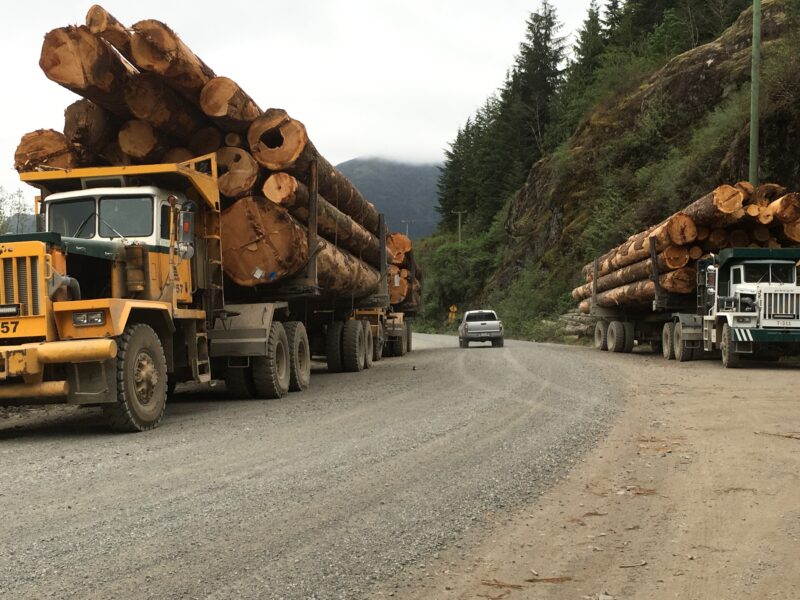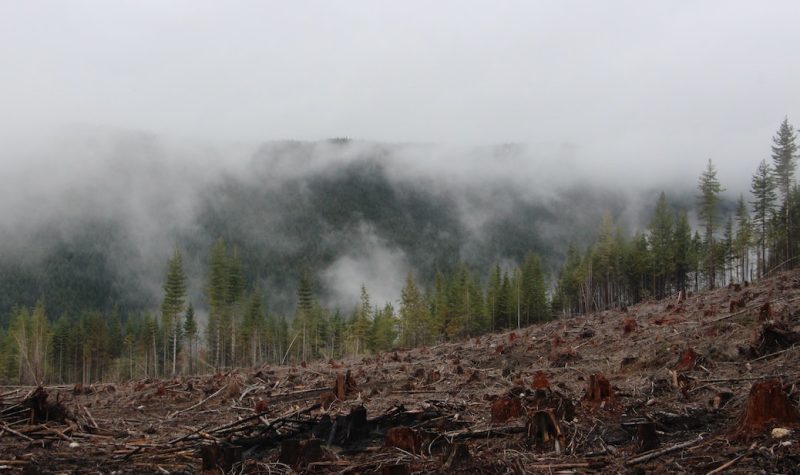Over the next few months, stakeholders in the forestry sector will embark upon a publicity campaign to change the way British Columbians think about logging.
Bob Brash, executive director of the Truck Logger’s Association (TLA), is reaching out to municial mayors and councils to explore ways they can cooperate.
“There is already significant lobbying towards government from many different directions on forestry sector matters. In this regard, if your council is amenable, we would like an opportunity to further discuss these matters at your earliest convenience to explore how we can work together. I will contact you in the near future to explore any possibilities,” he wrote in a form letter.
The matter came up at Campbell River’s Aug. 9 council meeting, where Director Charlie Cornfield explained, “we are going through a lot of challenges right now in forestry, whether it’s logging old growth or adjusting tenures.”

The TLA is reaching out to municipalities to cooperate on a new campaign. Photo courtesy of the Wilderness Committee.
The TLA provided the following core messaging points and is asking municipalities for help refining them:
- “BC’s forestry sector remains vital to the provincial economy and many resource communities are dependent on its ongoing success.”
- “Over 100,000 people in BC are dependent on the forestry sector continuing to succeed.”
- “Government decisions on old growth and other protections will potentially impact the industry dramatically with consequential impacts to jobs, families, and communities (we will soon present you with information to confirm this).”
- “BC’s forests are the most sustainably and independently certified forests in the world.”
- “BC’s forests provide one of the most significant sources for climate mitigation and sustainable buildings.”
- “BC’s forestry sector and those working in it can and will change to meet ever evolving expectations.”
- “There are ample opportunities to provide a balanced solution.”
- “The development of new products and markets do not materialize overnight, and reasonable transition strategies and timelines must be considered.”
- “If decisions are made that seriously erode the forestry sector in certain regions, real and measurable transition plans must be in place with appropriate funding to implement.”
- “In the decision-making process, it is critical for government to ensure those truly dependent upon the forest resource have opportunity for real input and the necessary socio-economic studies are done in advance of any final decisions by government.”
- “Decisions that impact the land base supporting BC’s forest sector need to be based on credible data and science.”
Cornfield moved that Mayor Andy Adams should contact Brash to discuss further collaboration and council unanimously agreed.


